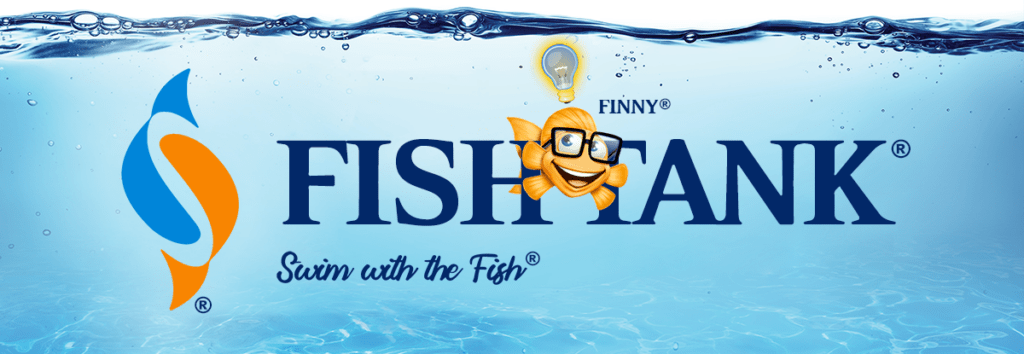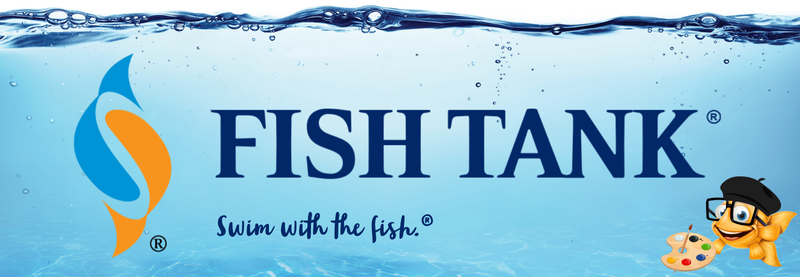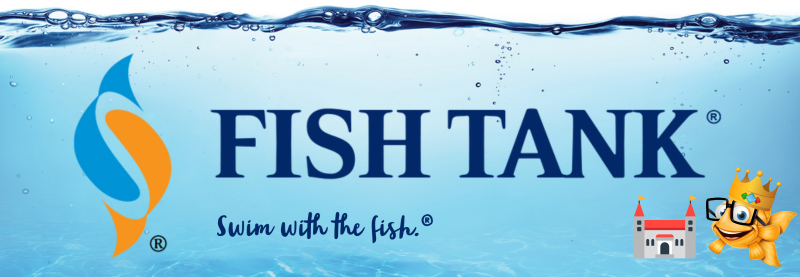Intellectual Property Insights from Fishman Stewart PLLC
Newsletter – Volume 22, Issue 8
Share on Social

The Future of Intellectual Property
At the 2013 World IP Day celebration at TechShop Detroit, 12-year-old inventor and patent recipient Alyssa Reiter smiled gleefully as her hamster successfully knocked over an array of toy bowling pins from her pet’s clear running ball. Alyssa was a key presenter at Detroit’s World IP Day celebration, where she was recognized for her creativity. Now the named “inventor” on US Patent Nos. 8,434,428 and 9,648,854, Alyssa was interviewed by multiple news stations that day for her newly-invented game, “Hamster Bowling.”
This year’s World IP Day theme, IP and Youth: Innovating for a Better Future, specifically calls out young innovators such as Alyssa. In forming the theme, the originating group of World IP Day, the World Intellectual Property Organization (WIPO), noted that:
- There are approximately 1.8 billion young people—aged 24 or younger—in the world today.
- Ninety percent of them live in developing countries.
- The proportion of young people under 35 in the world is set to increase in coming years.
- Millennials and Gen Z grew up connected—where the lines between the physical and digital worlds are blurred—producing very entrepreneurial, innovative, and creative generations.
The reality is that the young often have a greater awareness of the world around them than many of their elders and are more open to possibilities.
Eleven-year old Frank Epperson had a similar flash of creative insight when he invented what we have come to know generically as the ice pop. It was winter’s eve in 1905 when the young Mr. Epperson decided to mix a concoction containing soda powder and water. He accidentally left the drink outside overnight with the stirring stick in the cup. The mixture froze and the first ice pop was born.
The reality is that today’s youth are savvy digital natives who control the pulse of popular culture and are not afraid to use new platforms and methodologies to fuel their resourcefulness. That is why it is so important to help them realize the opportunity to transform their creativity into reality and to teach them how intellectual property rights can legally protect their innovative works.
WIPO is an outgrowth of historic treaties, such as the 1883 Paris Convention for the Protection of Industrial Property. A self-funded agency of the United Nations with 193 member states, WIPO’s mission is to lead the development of a balanced and effective international intellectual property system that enables innovation and creativity for the benefit of all.
In 2000, building on an increasing worldwide cooperation for the protection of creativity, the member states of WIPO designated April 26th as World IP Day, with the aim of increasing general understanding and appreciation of intellectual property.
“An effective IP system that balances the interests of inventors and creators with those of society as a whole has proven an effective way to encourage inventors and creators to invest their time, energy and ingenuity into developing new technologies and new forms of creative expression that both improve and enrich our lives.
An environment in which innovation and creativity thrive and which is diverse and inclusive, improves our chances of addressing the major challenges facing humanity, driving human progress, and making our lives healthier, safer, and more comfortable.”
From the rise of artificial intelligence, to the re-recording of older songs by Taylor Swift to thwart the copyright owners of her earlier works, to the moving of brands to the metaverse, creativity continues to play an ever increasing role in our day-to-day lives.
On April 26th, organizations large and small will be promoting the importance of empowering the next generation of creators, inventors and entrepreneurs to shape positive, sustainable change in society through their innovations. Join us by registering for a free online fireside chat hosted by WIPO, the United States Patent and Trademark Office, and the US Copyright Office followed by a panel discussion by industry leaders.
Finny the Fish and all of us here at Fishman Stewart celebrate the budding inventors worldwide and salute the creative process at this year’s World IP Day focus on youth. In the words of renowned poet and author Maya Angelou, winner of the United States Presidential Medal of Freedom, “You can’t use up creativity. The more you use, the more you have.”
Published April 15, 2022

Oakpoint Honored by DBusiness Magazine
Congratulations to Oakpoint from everyone at Fishman Stewart!
Related Content from Fishman Stewart
People have long pondered whether or not the Giza pyramids were indeed solely burial chambers, which was the only known, and archaeologically determined, use—until now.
As the story goes, Klein was so taken with the indescribable blue of the sky over the Mediterranean in Nice, France, that he dedicated his artistic talent developing a blue that would imbue the canvas with this color in its purest form.
Despite her pseudo-legal background in Suits, Meghan has been running into one issue after another in her efforts to register the trademark and logo for her new lifestyle company, for now, called “AS EVER”.
By 1930, efforts began in New York to replace Mother's Day with Parent's Day because men were more than just breadwinners. Those efforts didn't catch on, probably because in that era, women often spent more time in the home.
In February, Nike and Skims announced that they will be working together on a new brand, NikeSkims. The co-brand will create a new line of training apparel, footwear, and accessories specifically designed to meet the unique needs of women athletes.
Generally, federal courts have exclusive jurisdiction over copyright cases, and often, this presents an insurmountable paywall for individual artists and small businesses to vindicate their rights, especially where the value of the individual copyrighted works are relatively low.
Dedicated to raising public awareness about the importance of encouraging innovation and creativity throughout the world, the World Intellectual Property Organization (WIPO) annually observes World Intellectual Property Day on April 26 to showcase the role that patents, trademarks, industrial designs, copyrights and trade secrets play in our everyday lives.
Hold onto your foam fingers, sports fans – college sports just got a whole lot more interesting! The latest updates to Name, Image, and Likeness (NIL) rules are making student-athletes bigger than ever, and it’s not just about the game anymore.
Did a federal court in Louisiana recently decide that US copyrights are global rights? It seems so.
L.A.B. Golf aims to protect its innovations, and therefore its market position, owning three patents for its zero-torque design. The question now is whether L.A.B. Golf can withstand the wave of copycat designs.
IDENTIFYING, SECURING AND ADVANCING CREATIVITY®


















